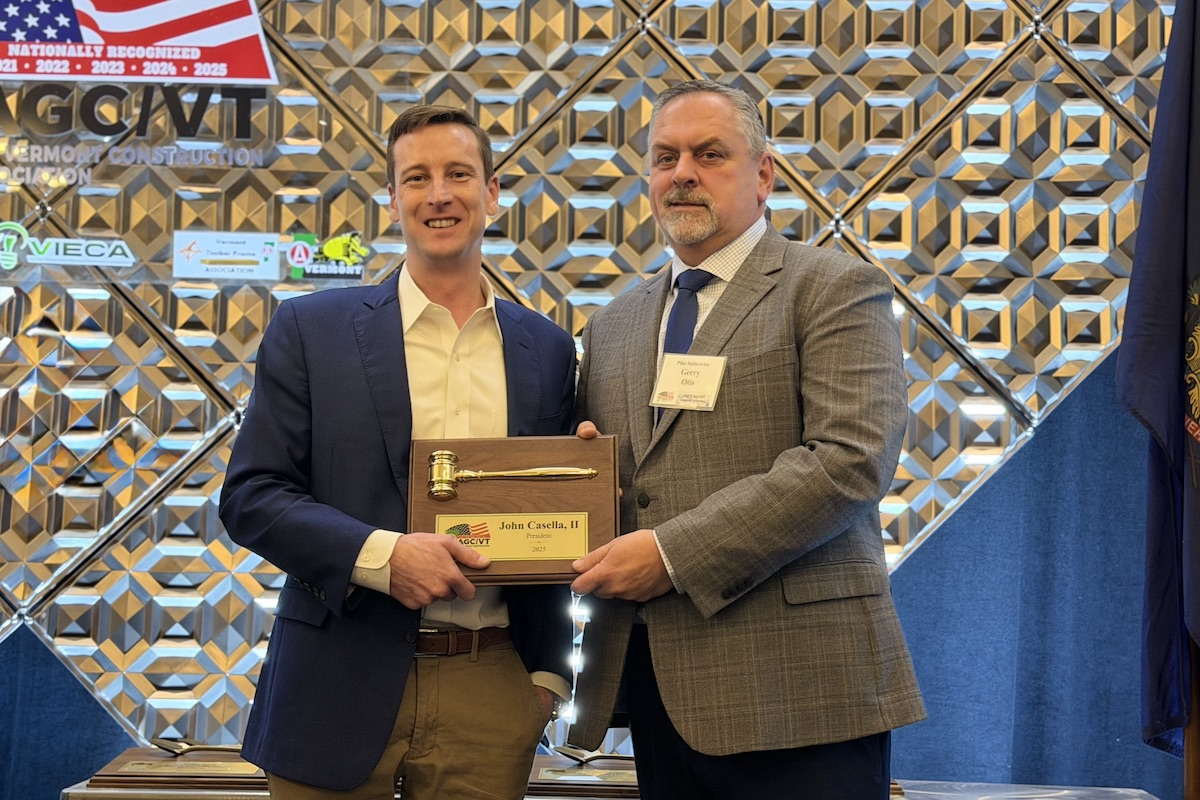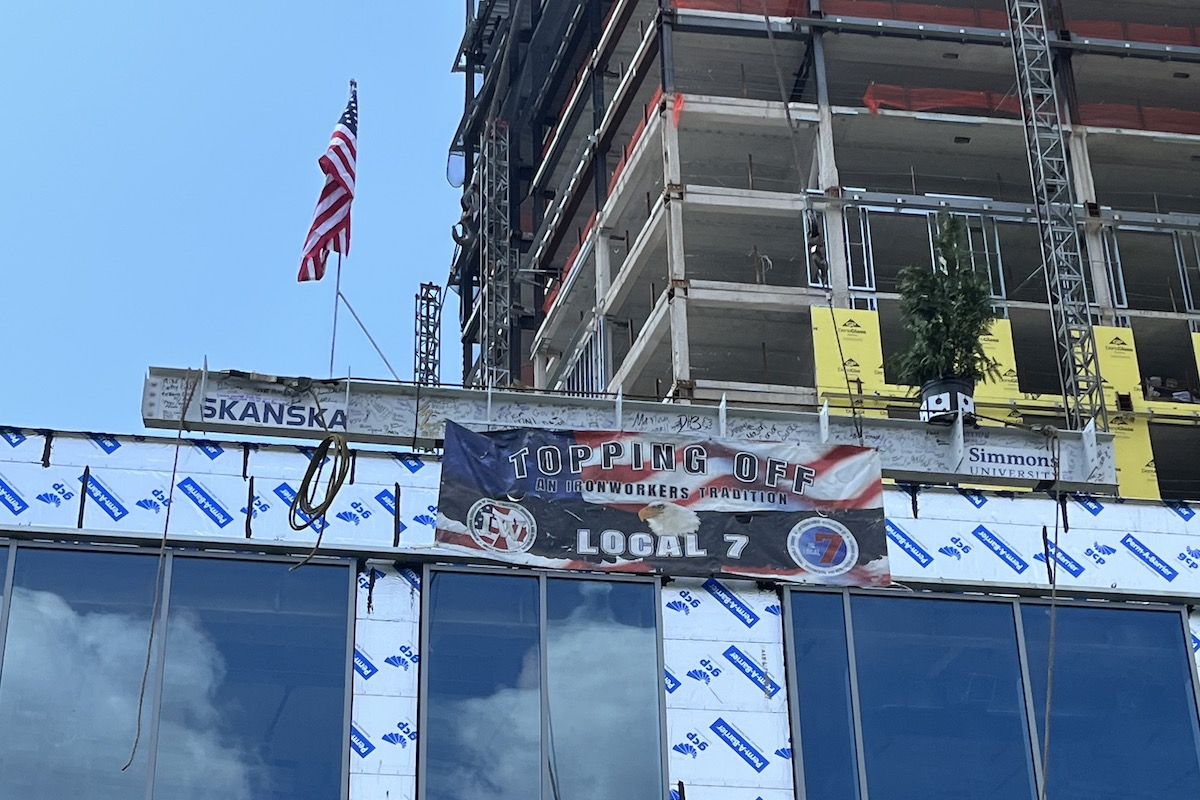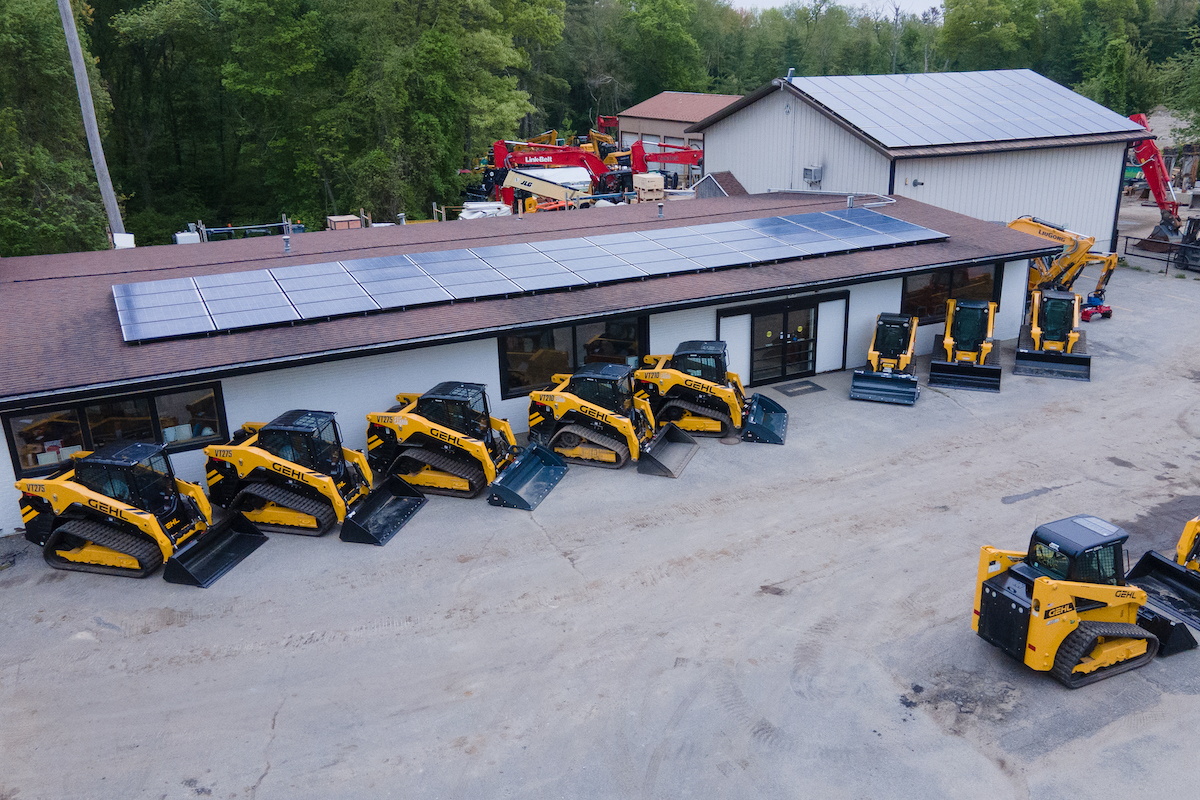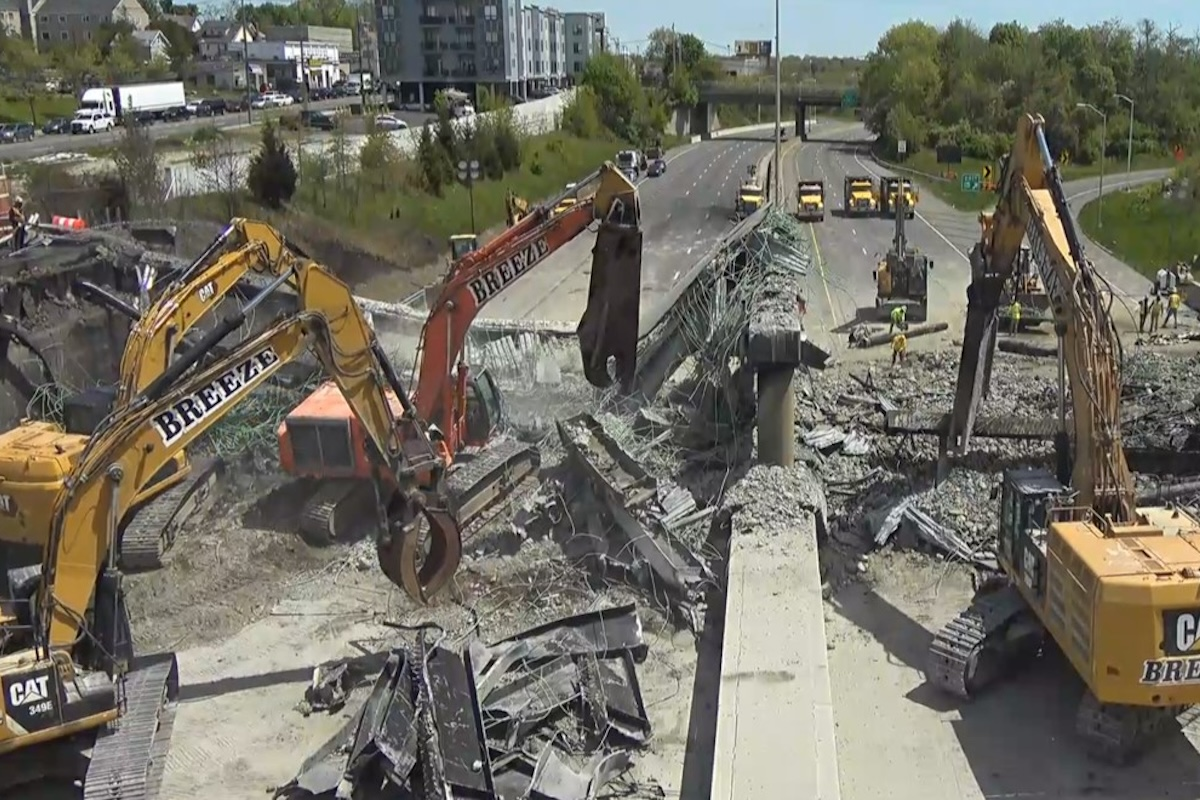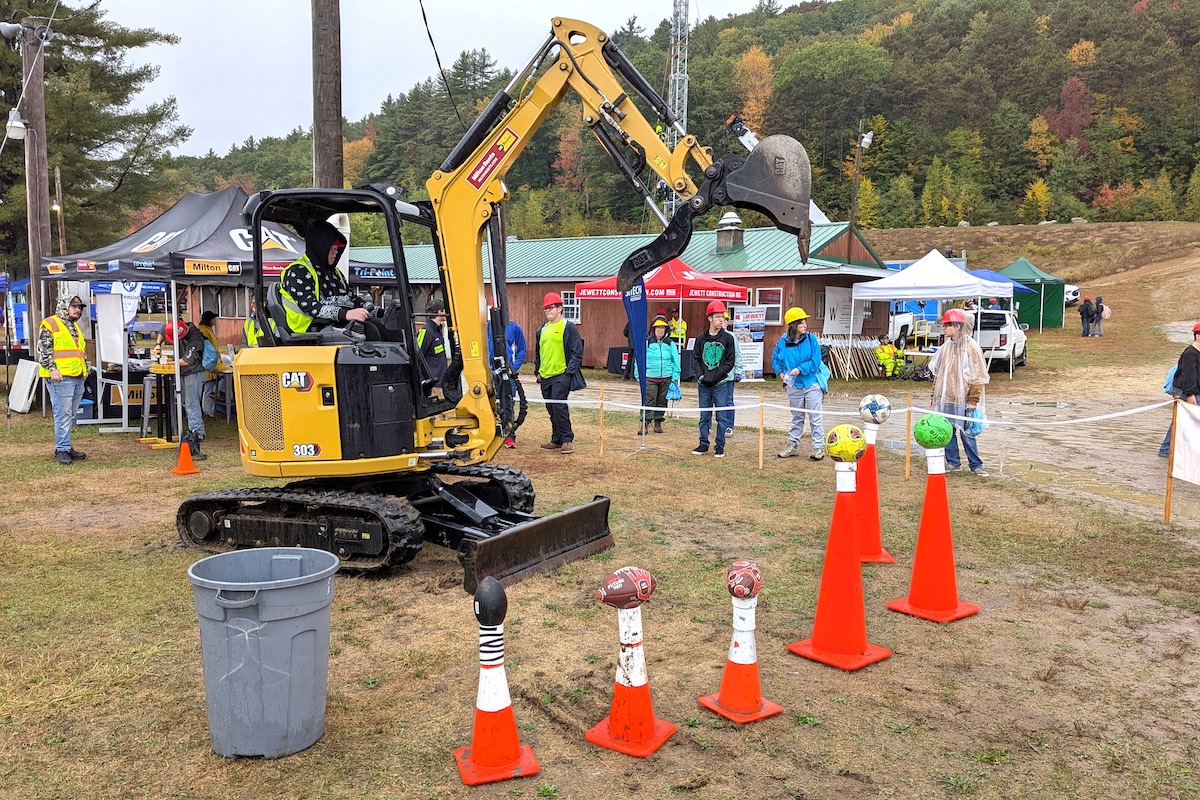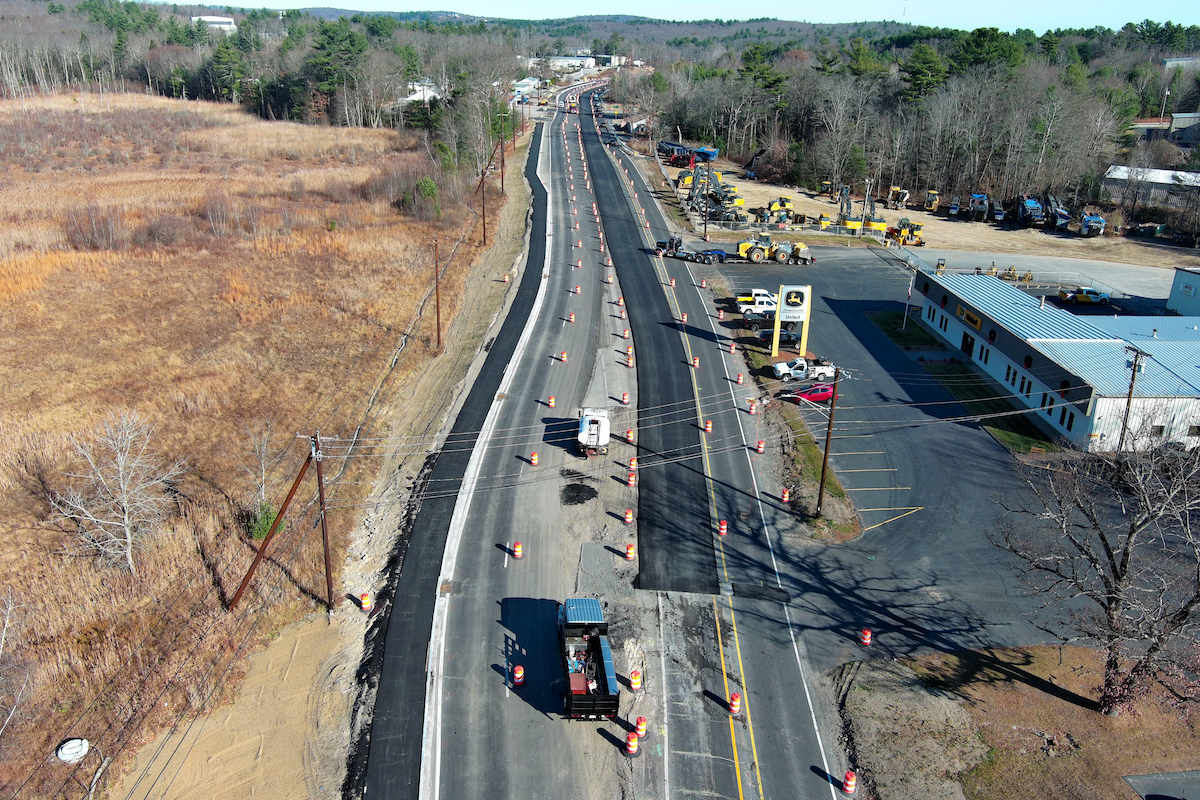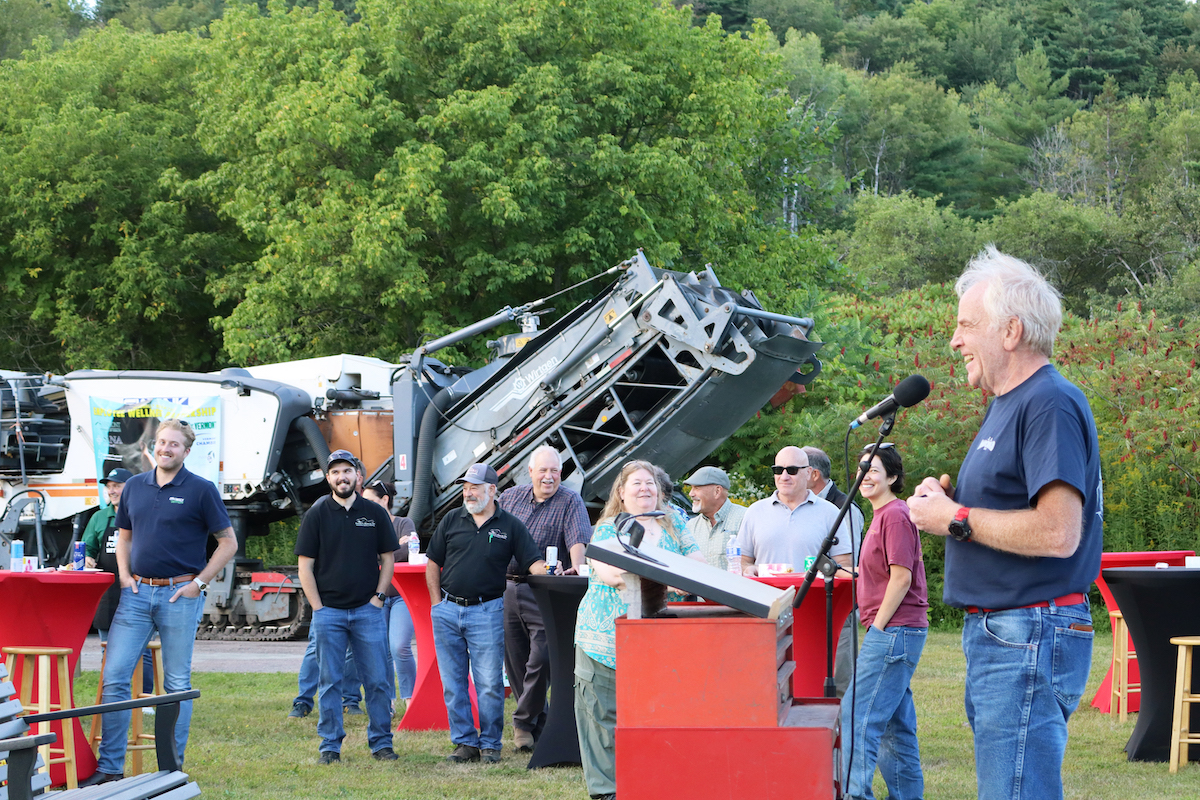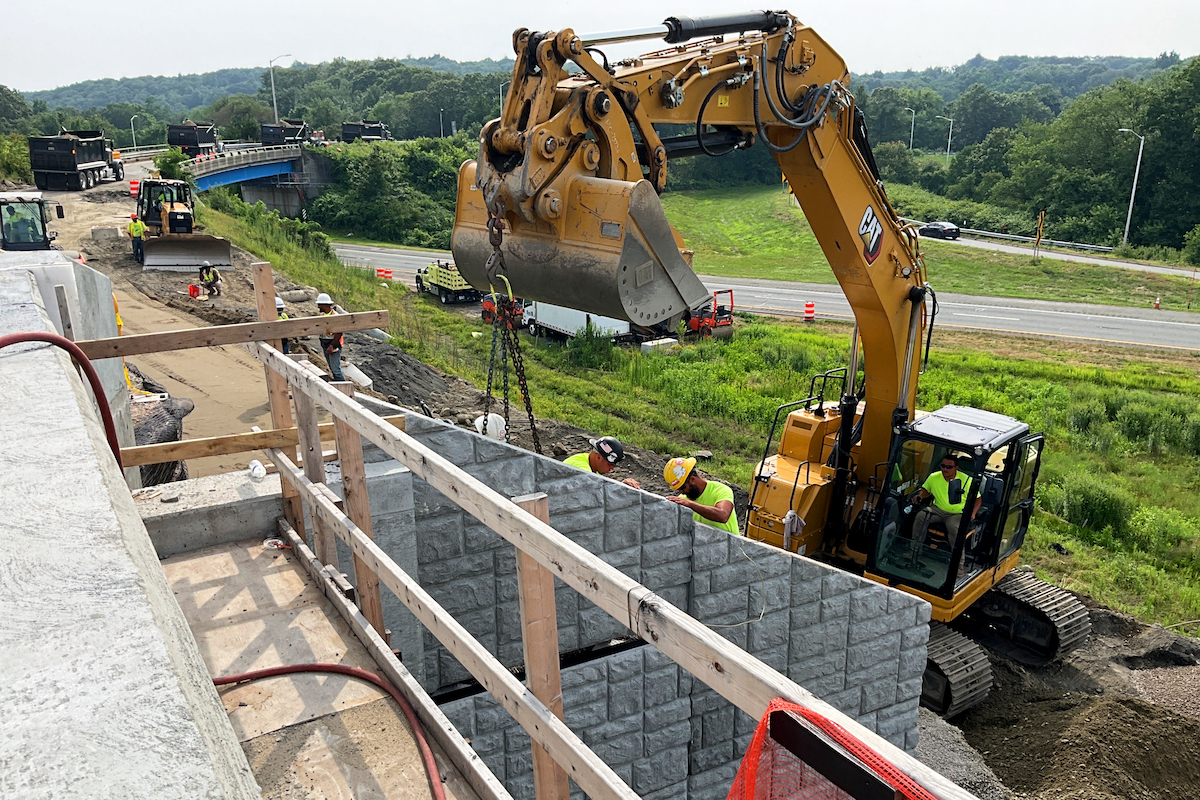“We do this as a matter of quality of life,” says LaJuan Counts, Director of the Demolition Department. “We are able to eliminate that worry about vacant structures for each resident.”
The city began its demolition program – the largest and safest in the country – in 2014 and created the department two years ago. In the past eight years, the city has taken down more than 20,000 vacant buildings, commercial and residential.
“We try to demolish 70 properties a week,” Counts says. “It’s all contingent on the contractors and the way they execute their operations.”
Giving a boost to the program, voters approved Proposal N in 2020. The proposal enabled Detroit to sell $250 million in Neighborhood Improvement Bonds, to be used to stabilize 8,000 vacant houses for rehabilitation and to demolish another 8,000 of them. The proposal also calls for prioritizing contracts with companies headquartered in Detroit and hire city residents.

| Your local Wirtgen America dealer |
|---|
| United Construction & Forestry |
| WI Clark |
The department removes some of the blight and offers opportunities to bring new life to the city’s neighborhoods.
“It allows you to see there are some vacant houses worth saving and renovating, that you probably would not have paid attention to due to the surrounding blight in the houses around it,” Counts says. “The majority of residents we impact appreciate the work we do.”
“Our inventory department assesses the condition of each property to determine whether it can be salvaged,” says Alyssa Strickland at the Land Bank. “If it is not a good candidate for salvage/sale, then it will be referred to demolition.”
The Demolition Department then contracts with a construction firm to take the house down. Once the work is complete, Detroit returns the property to the Land Bank, which can sell it as a side lot to a neighbor to expand its property or sell it for other purposes. “The end uses run the gambit,” Counts says.
Strickland reports that “most of these lots end up in the Side Lot program where they are sold to neighbors for just $100. Since 2014, we’ve sold more than 21,000 Side Lots. Detroiters reactivate these lots as extensions of their yard, gardens or community gathering spaces.”

| Your local Trimble Construction Division dealer |
|---|
| SITECH Northeast |
If the adjacent homeowners do not purchase the side lot within six months, the property will graduate to the Land Bank’s Neighborhood Lot program, which expands the buying opportunity to owner/occupants within a 500 foot radius of the property for a sale price of $250, Strickland said.
Residential demolitions are funded through Proposal N. The homes may date back to the founding of the city in the 1800s, but most were built in the 1940s or later. The department currently is working on about 7,000 properties. And it has another 3,000 it is working on for stabilization.
“We know the longer properties sit in our inventory awaiting sale, the worse their condition becomes, so our goal is to move them to sale as quickly as possible,” Strickland says. “Prop N stabilization makes the property more secure and better protected from the elements, which makes it more viable for sale. It also gives buyers a head start on their renovation.”
Stabilization entails clearing debris from the front and rear yards and the inside of the home. Then the department contractor installs Clearboard, a polycarbonate material, which gives the appearance of glass.
“It is similar to plywood, but you can see through it,” Counts says. “It makes it look better than having a plywood boarded home. The plywood also does not allow us to control access.”

| Your local Case Construction Equipment Inc dealer |
|---|
| Beauregard Equipment |
| Monroe Tractor |
When the department has used plywood in the past, within a day or two, someone would pull the plywood off to get back into the house. The Clearboard is harder to take off.
The Land Bank sells stabilized homes through its auction program. Auction prices start at $1,000.
“What makes the DLBA’s house sale programs unique is that we require renovation and occupancy through our compliance process,” Strickland says. “So, anyone who buys a DLBA house has to fix it up and either live in it themselves or find a resident. The DLBA retains legal interest and the right to repossess the property until renovation and occupancy standards are met.”
Neighbors of vacant homes, usually, are tired of living next door to vagrants squatting in the vacant homes, lighting fires to stay warm until the property burns, and using the house for illegal activity. “It becomes someplace for you to hide,” Counts says.
The department also carries out emergency demolitions, when building department officials have inspected a structure and deemed it in immediate danger of collapse. Emergency demolitions also include commercial properties.
The Demolition Department is required through the Proposal N resolution for contractors to hire 51 percent Detroit residents. The department also encourages hiring of Detroit-based small and micro businesses.

| Your local Esco Corporation dealer |
|---|
| Genalco |
“We wanted to build our small business up,” Counts says. “We have been performing outreach to businesses that have not historically done work with the city to work with the city.”
Contractors have found the program beneficial. Brian McKinney, Owner of Gayanga Co. of Detroit, intentionally launched his company in response to a call for action by the department in November 2016. The contractor began taking down homes in 2017 with a $500,000 contract.
In the years since, Gayanga has scaled up and branched into other construction work including environmental remediation, asbestos abatement, underground utility work, projects for the Michigan Department of Transportation, streetscapes, and private sector work. Last year, the company received $17 million in work from the city of Detroit.
“Historically, smaller vendors have been excluded from contracts,” McKinney says. The Demolition Department “has allowed us to grow. The demo program has given us work consistently, so we can plan. It makes us comfortable making purchases like buying equipment, trucks, and trailers.”
About 80 percent of Gayanga’s employees live in the city of Detroit. McKinney reports that nearby residents to the homes being demolished are typically positive.

| Your local Hyundai dealer |
|---|
| Equipment East |
“Although this is the nation’s largest demolition program, it has a community-based feel,” McKenney adds. “It’s really helping minority businesses to scale.”
Demolition Department bid packages include about 120 properties.
“We didn’t want to do things in a way that made operations for contractors more difficult,” Counts says. “By creating packages of 120 properties, we allowed them to be able to plan their work out for at least a year. If you are trying to get financing for equipment or hire somebody, you know you have enough work to sustain your plan for at least a year.”
The department also has converted to an “immediate pay” system. The contractor receives payment within seven days.
“We’ve done a good job of streamlining efficiencies and made it better to work with the Demolition Department,” Counts concludes. “Our contractors are timely with completion. We want the best product and it shows.”

| Your local Volvo Construction Equipment dealer |
|---|
| Tyler Equipment |
Photos courtesy of the City of Detroit



















